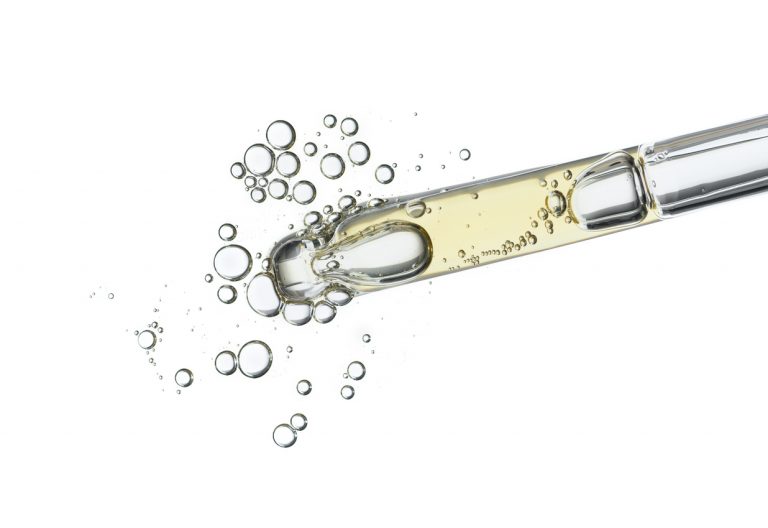Not all acids are giant green vats that instantly remove flesh from bone. Yet, this characterization makes a lot of people understandably worried when they see acids listed in the ingredients of their foods or beauty products. However, acids fill a wide variety of roles. Some are naturally dangerous to the human body, but there are a whole host of others that our bodies naturally produce for our benefit. Let’s look at if hyaluronic acid is safe.
Hyaluronic acid is actually an acid your body produces on its own. And, it’s not relegated to the digestive tract. About half of all the hyaluronic acid produced by your body is found in your skin. The rest is in your eyes and connective tissues. In all of these cases, hyaluronic acid assists your body with water retention. It helps your skin stay moist even when your hydration is a little behind schedule.
What’s the Connection Between Hyaluronic Acid and Beauty?
By keeping your skin moist, hyaluronic acid helps your skin to stay supple, keeping the effects of aging at bay. Unfortunately, our bodies produce less and less hyaluronic acid as we age. The result is that we lose the fresh glow and flawless surface of naturally moist skin. The reason is that there are fewer opportunities for water in our skin to bind with hyaluronic acid.
Many people have started making hyaluronic acid supplements and topicals part of their daily routine to avoid this decline and preserve youth. However, this may not be enough for people who are already seeing the formation of fine lines and deeper wrinkles. For them, it may be necessary to look into injection containing hyaluronic acid to get noticeable results.
Which Injectables Contain Hyaluronic Acid?
There are three primary brands of injectables that include hyaluronic acid for its skin-plumping properties.
- Juvéderm
- Restylane
- Perlane
Each of these dermal fillers uses hyaluronic acid to subtly fill-in wrinkles, depressions, and even scars. Although they all use the same active ingredient, the form the acid takes, and the surrounding solution have slightly different effects, allowing for a more customizable experience.
- Juvéderm is best for subtle anti-aging effects. It helps to replenish your natural hyaluronic acid, keeping your skin moist and supple.
- Restylane uses a safe, genetically-engineered version of hyaluronic acid to give patients more dramatic results. It can bind with 1000 times more water, giving your skin more hydration and more filling potential.
- Perlane is for patients who want complete results today. As with Juvéderm, natural hyaluronic acid is used. Its effects can last over a year in some cases.
Before making a definitive decision on what dermal filler you want, schedule a consultation with Dr. Brent Moelleken. As a plastic surgeon, he will evaluate your current condition and expectations to provide an expert opinion on which product is best for you. Keep in mind that the results of dermal fillers are not permanent, so you will want to work out a schedule with Dr. Brent and his staff to determine your next appointment.
Who Should Avoid HA
Every study done on hyaluronic acid shows that it is safe for use, but there are some holes in current scientific knowledge that shouldn’t be ignored. As of now, we know very little about the effects of hyaluronic acid injections on women who are pregnant or breastfeeding. Until there is adequate data, they should probably wait until they wean the baby before having injections. There is also disparate evidence that shows hyaluronic acid may help existing cancer cells to grow. It is not conclusive, but cancer patients should act with caution as well.




